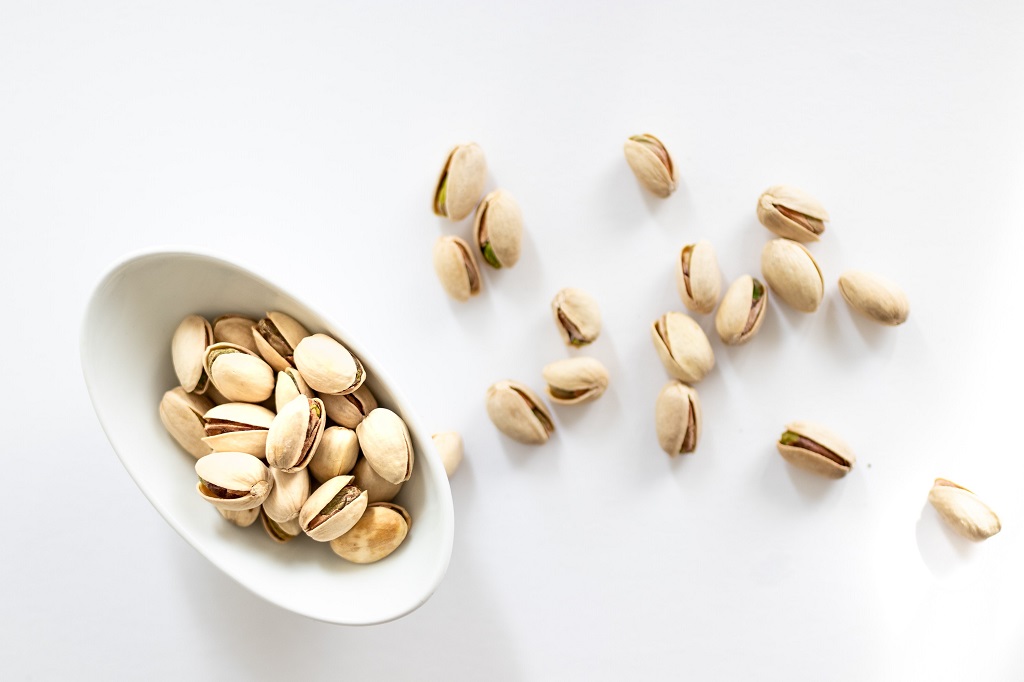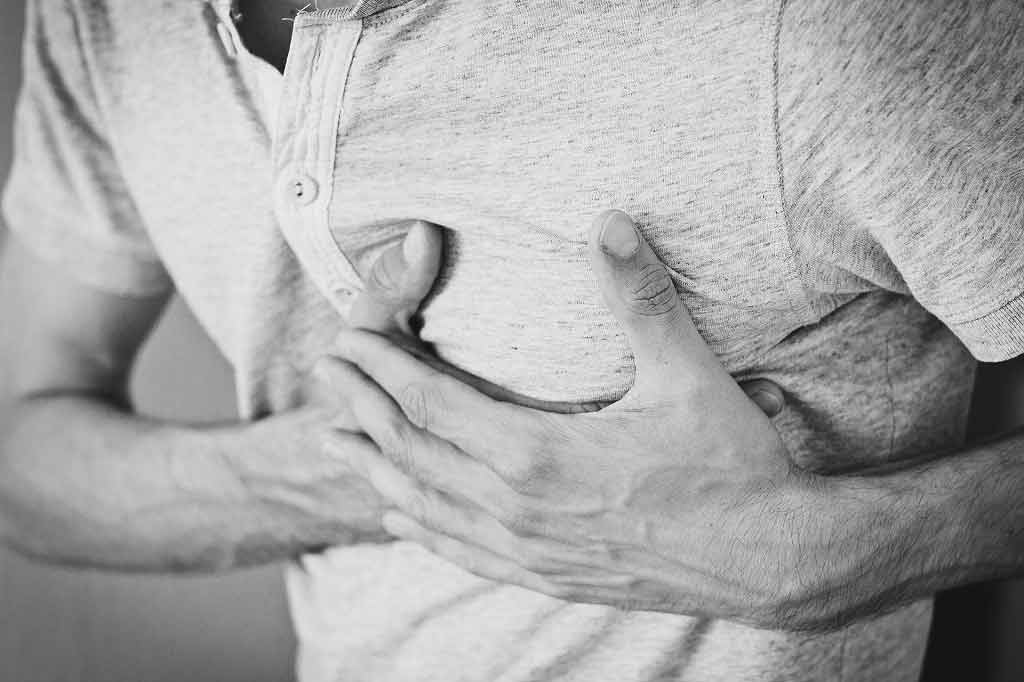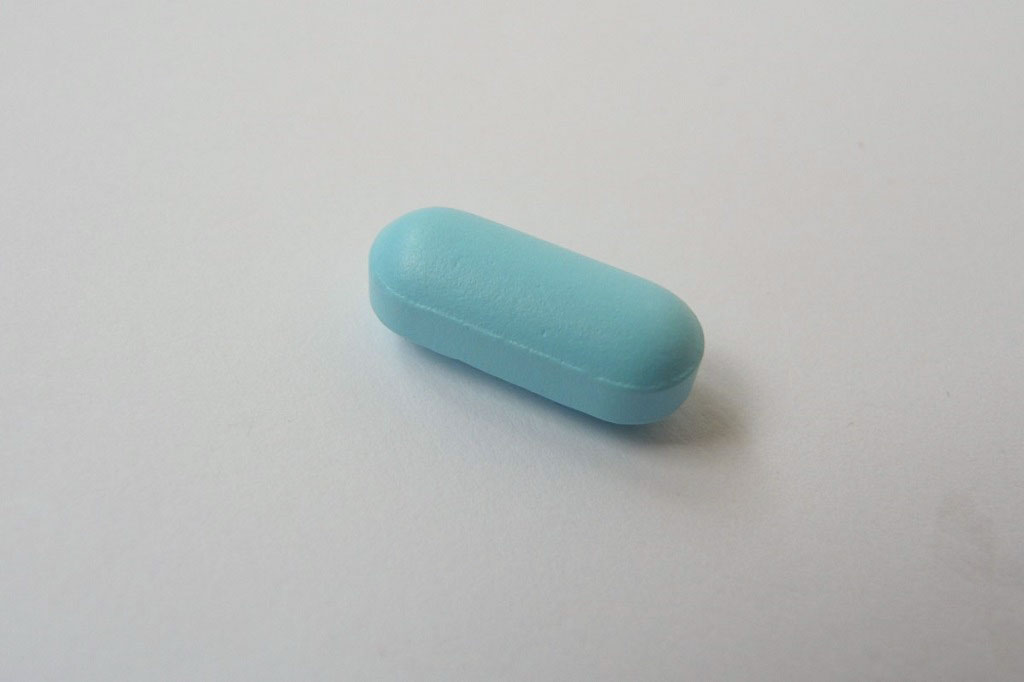Pistachios and heart health
Heart and lungs

“A handful of pistachio nuts a day could protect your heart”, reported the Daily Express. It said that a study has shown that the nuts bring down levels of “bad”
“A handful of pistachio nuts a day could protect your heart”, reported the Daily Express . It said that a study has shown that the nuts bring down levels of “bad” cholesterol in the blood. Pistachios contain lutein, an antioxidant found in fruit and leafy green veg, and according to a nutritionist, are less are less calorific than peanuts, “as you have to take the shell off”. Nutritionists warn that eating too many pistachios may lead to excess weight, which is not good for the heart.
This was a reliable but small study in 28 people. It demonstrated over a 10% reduction in LDL (bad) cholesterol in those who consumed up to 126 grams of salted pistachio nuts a day, which was about 20% of their total energy intake. The participants’ diets were strictly controlled, and their fat and salt intake in the rest of their diet was adjusted so that it did not exceed recommended levels. It remains to be seen if trials in which the participants eat pistachios but control their own diets, result in reductions in heart disease or stroke. Anyone considering increasing their pistachio intake should take into account the nut's high fat and often high salt levels, which could cancel out any beneficial effects.
Where did the story come from?
Dr Sarah K. Gebauer and colleagues from Integrative Biosciences and the departments of Nutritional Sciences and Biobehavioral Health departments at the Pennsylvania State University in the US carried out the research. The study was supported by the California Pistachio Commission, the Lester and Audrey Peters Hogan Scholarship Fund, and the Pennsylvania State University. The study was published in the (peer-reviewed) medical journal: The American Journal of Clinical Nutrition.
What kind of scientific study was this?
In this randomised crossover trial, the researchers evaluated the effects of two doses of pistachios, added to a lower-fat diet, on cardiovascular disease (CVD) risk factors, including lipids, lipoproteins, apolipoproteins, and plasma fatty acids.
In total, 28 people completed the study (10 men and 18 women). For the first two weeks, all participants had a run-in period to establish the effects of eating a typical “American” diet. After this, the participants were randomly assigned to one of three treatment diets for four weeks, two of which included different doses of pistachios and one control diet without pistachios. Two-week breaks separated the diet periods, after which the participants were switched to one of the other diets (crossed over) until they had tried all three diets. Study personnel who measured outcome variables were unaware of (blinded to) the diet assignments.
Participants were selected to take part in the study if they had elevated cholesterol (LDL “bad” cholesterol of 2.86 mmol/L or more). They also had to have low/normal triglyceride “fats” in their blood, blood pressure less than160/90 mm Hg, a body mass index between 21 and 35 (that is they could be overweight but not obese), and fasting blood glucose less than 6.93 mmol/L. All participants were otherwise in good health and non-smokers. People were excluded from the study if they were unable to comply with the study protocol or were taking blood pressure or cholesterol/lipid-lowering medication or substances such as psyllium, fish oil, soy lecithin and phytoestrogens. Some other vegetarian and weight loss diets, a range of diseases and pregnancy or a desire to become pregnant were also reasons for exclusion from the study.
The diets were controlled so that the total energy was held constant throughout the three feeding periods. An average intake of 2,500 calories per day was required to maintain weight. The first two-week period was designed as a typical “American” diet and contained full-fat cheese and dairy products, with more oil and butter than the control diet. The control diet contained low-fat or non-fat versions of these foods and less oil and butter. All diets were rich in fruit, vegetables, lean meat, and whole grains, consistent with current food-based dietary recommendations. The two pistachio diets were designed so that either 10% or 20% of total energy intake came from the nuts.
The two diets either had one or two doses of nuts a day, with doses ranging from 32 to 63 g/day and from 63 to 126 g/day, respectively. All meals and snacks were prepared at the study centre. The pistachio diets were higher in protein and unsaturated fats and lower in carbohydrate than the control diet. The control and pistachio diets were matched for saturated fats and cholesterol. The pistachio diets also had less salt than the control diet as pistachios (roasted and salted) were eaten as a snack rather. In the control groups, saltier snacks such as pretzels and crisps were eaten.
Blood samples were taken on two consecutive days at the end of each diet period, and a range of chemical and nutrient components were tested. The researchers were particularly interested in the effects of pistachios (when added to) a lower-fat diet, on measurements of lipids and lipoproteins, apolipoprotein, and plasma fatty acids. These are all sub-groups of the fats circulating in the blood.
To look at how pistachios could potentially have an effect, the researchers also measured cholesteryl ester transfer protein and indices of plasma stearoyl-CoA desaturase (SCD) activity. SCD is the rate-limiting enzyme that catalyses the synthesis of monounsaturated fatty acids from saturated fatty acids and therefore plays an important role in lipoprotein metabolism.
The differences were analysed statistically in a way that tested the effects of diet, the order that the participants’ diets were randomly selected, and the interactive effects on each outcome variable on each other. Where possible the researchers took into account the fact that repeated measurements from each subject were not independent of each other.
What were the results of the study?
Compared to the control diet, the diet with two pistachio servings a day significantly decreased total cholesterol by 8%, LDL-cholesterol (“bad” cholesterol) by 11.6% and plasma stearoyl-CoA desaturase (SCD) activity by 1%. There was a dose-response effect suggesting that higher doses of nuts produced a bigger response. The main results were given for the ratio of overall cholesterol to HDL cholesterol (“good” cholesterol). For this, lower ratios are healthier, and the one serving per day reduced this ratio by 1%, and the two serving per day diet reduced it by 8%.
What interpretations did the researchers draw from these results?
The researchers say, “the inclusion of pistachios in a healthy diet beneficially affects CVD [cardiovascular disease] risk factors in a dose-dependent manner, which may reflect effects on stearoyl-CoA desaturase.”
What does the NHS Knowledge Service make of this study?
This is a reliable study on “controlled diet”, which evaluated the effect of nut consumption on a variety of blood test results from a small number of people. This type of study is an important first step in assessing how diet can affect outcomes that patients might notice, such as heart disease or stroke. It is also important in measuring an intervention’s maximum possible effect in a controlled environment, so that the results can be evaluated and compared to “real life” studies, where volunteers are advised but not forced to eat a certain quantity of nuts.
By clarifying the mechanisms behind the lipid and lipoprotein lowering effect of pistachios, the researchers have helped to explain why these nuts might be beneficial. However, it is still not clear which component of the nut is having this effect and more research will be needed to test this. It is important to keep in mind that pistachios are also often heavily salted and that this study carefully removed salt from the rest of the diet to counterbalance this. It is important not to eat too much salt, and anybody regularly eating nuts would need to take this into account to avoid negating any beneficial effect on cardiovascular disease risk factors by increasing blood pressure.






 Subscribe
Subscribe Ask the doctor
Ask the doctor Rate this article
Rate this article Find products
Find products








